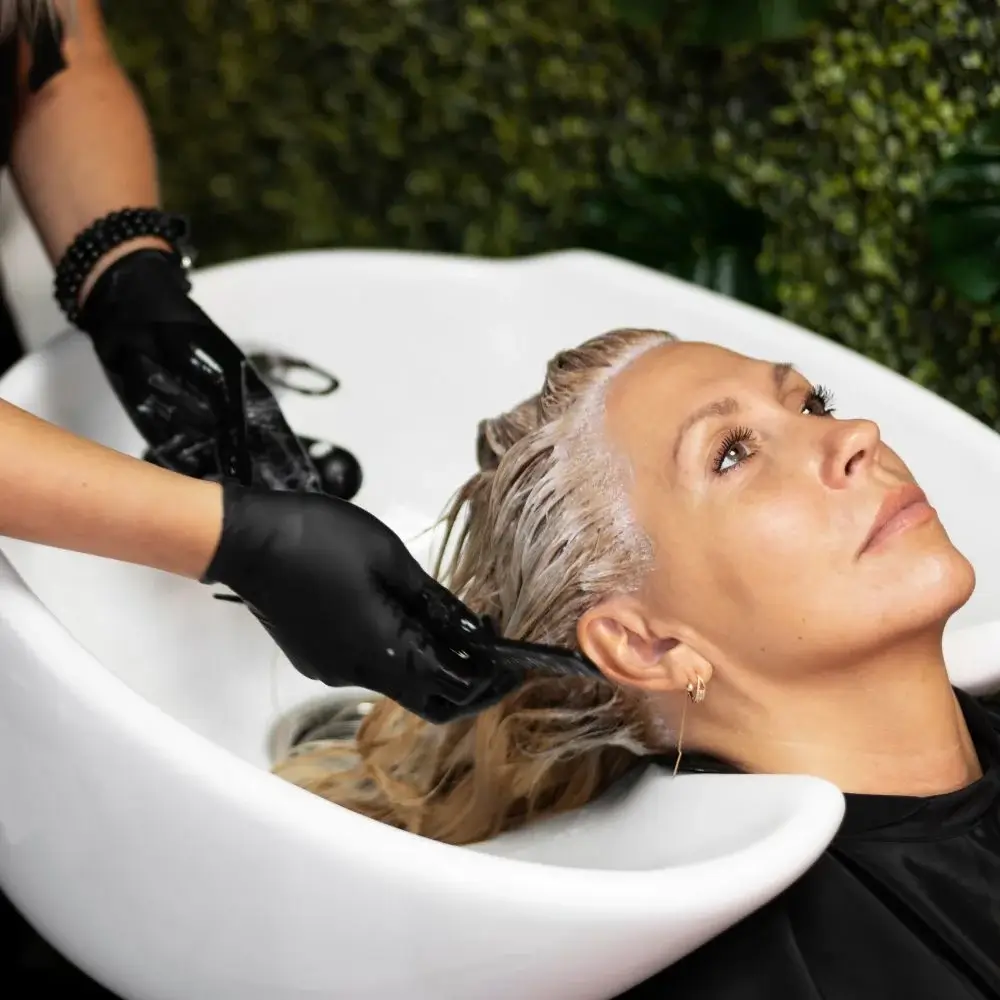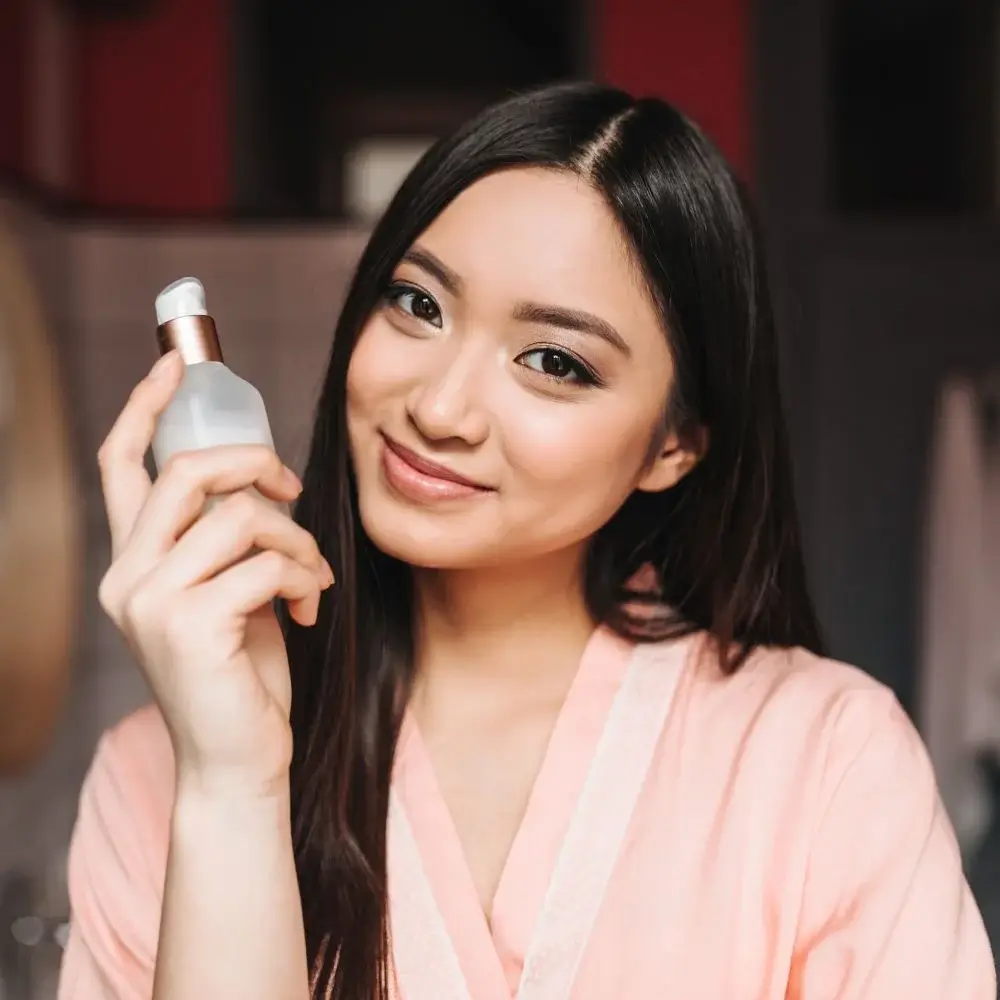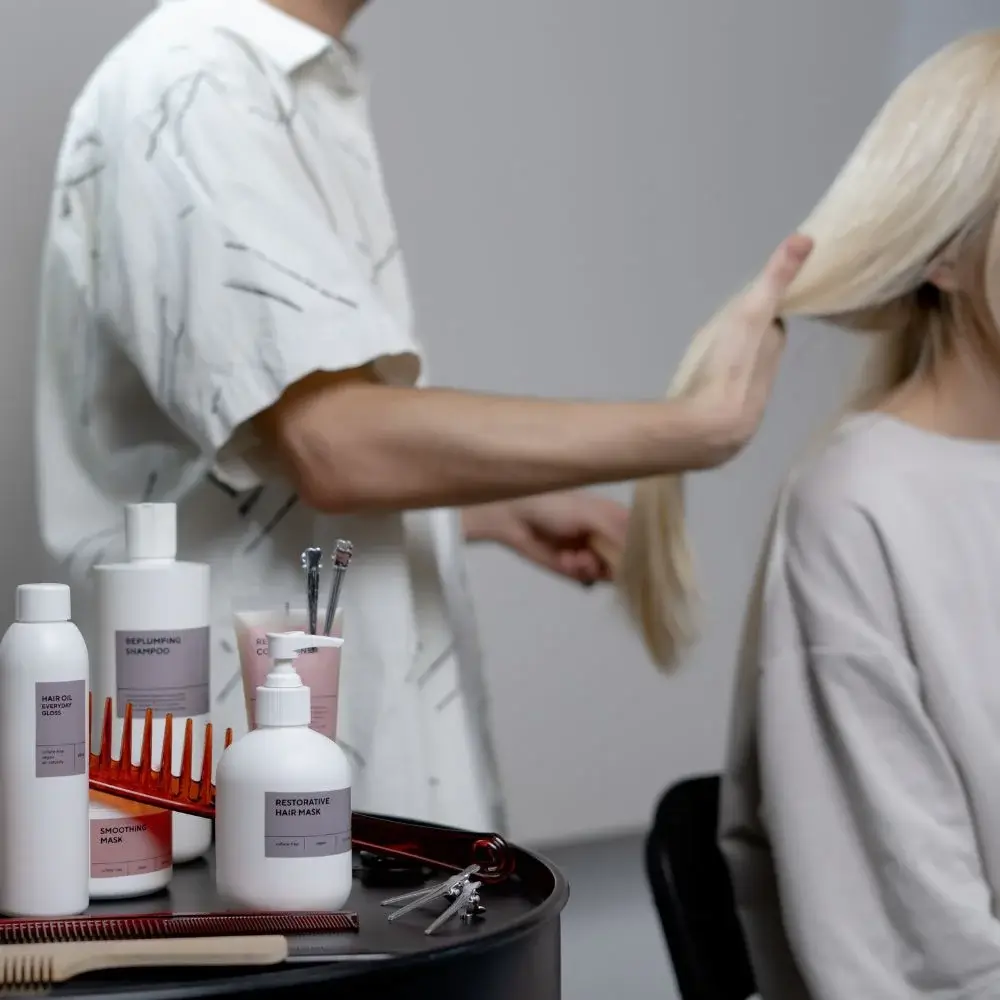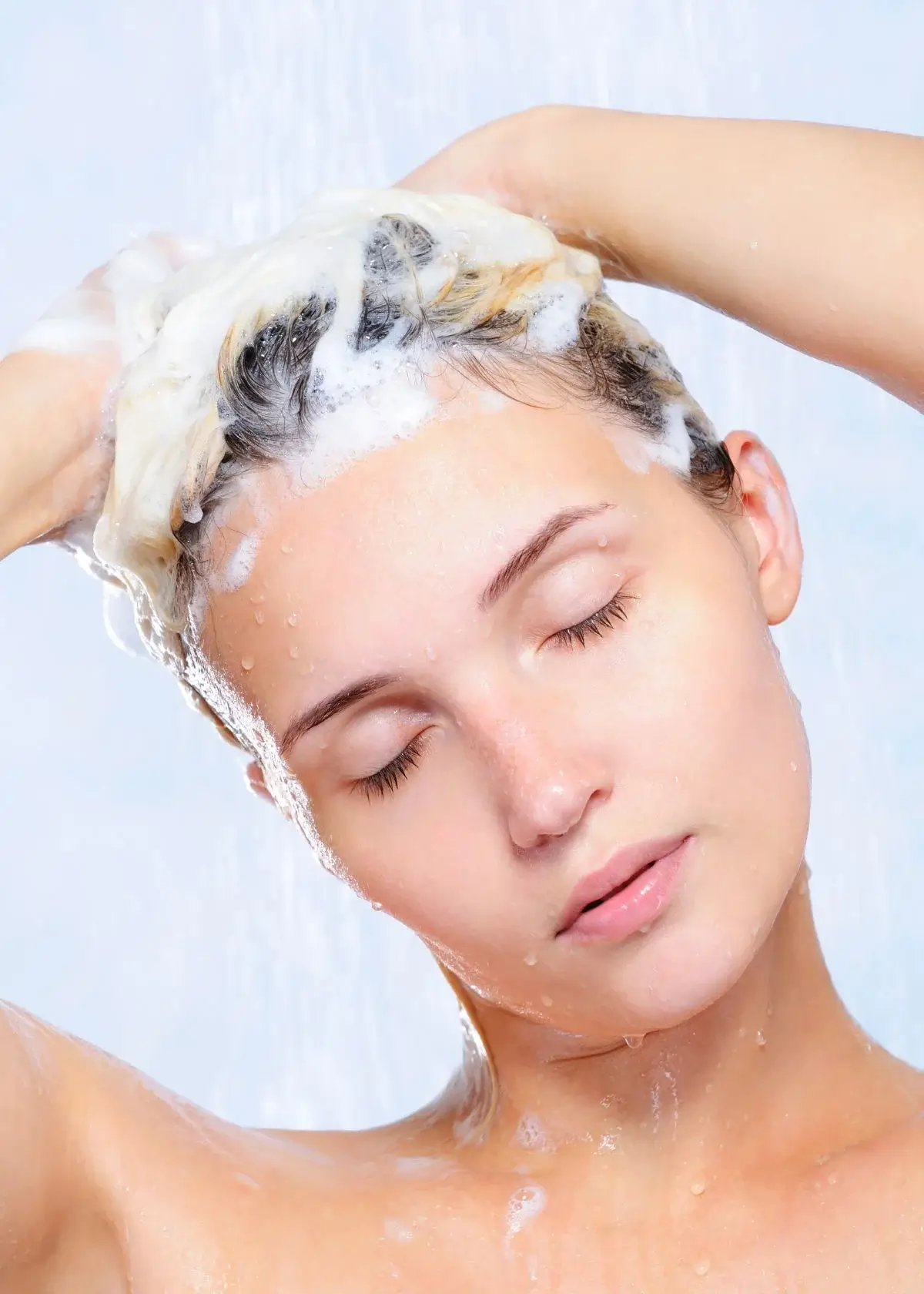If you've moved into a new home with soft water or have installed a water softener in your existing home, you might have heard about shampoos specifically designed for soft water. Since the minerals in hard water can wreak havoc on your hair, soft water shampoos sound like a perfect solution for keeping your hair healthy and shiny. But is a shampoo for soft water suitable for all hair types? In this blog post, we'll explore the benefits of soft water shampoos and whether they suit everyone.
How does soft water affect hair?
To understand whether or not soft water shampoos are suitable for all hair types, it's essential first to understand the role of water in our hair care routine. High in minerals such as calcium and magnesium, hard water can leave a mineral buildup on your hair, making it appear dull, dry, and brittle. On the other hand, soft water doesn't have these minerals, so it can be gentler on your hair and leave it feeling soft and silky.
What are soft water shampoos?
Soft water shampoos are designed to work specifically with the mineral content of soft water. They often have a lower pH value and fewer conditioning agents than regular shampoos, which can help to balance the pH of your hair and prevent it from becoming oily or weighed down. Some soft water shampoos also contain ingredients that help to remove any mineral buildup on your hair, leaving it looking and feeling clean.
Are they suitable for all hair types?
While soft water shampoos can be great for those with naturally oily hair or for people who use many styling products, they may not be the best choice for everyone. If you have naturally dry or damaged hair, using a soft water shampoo could further strip your hair of its natural oils and cause it to become even drier. Also, if you live in an area with soft water but also have chlorinated water, using a soft water shampoo could be the wrong choice. Chlorine can react with the ingredients in soft water shampoos, causing your hair to become frizzy and damaged.
How to choose the right shampoo for your hair type?
When choosing the right shampoo for your hair type, it's essential to consider your hair's natural texture and moisture level. If you have naturally oily hair, a soft water shampoo can help to balance excess oil production. If you have naturally dry hair, however, you should opt for a specifically formulated shampoo to add moisture to your hair. If you're unsure which shampoo is best for your hair type, consult a hairstylist or dermatologist.
A shampoo for soft water can be an excellent option for those with naturally oily hair or for people who use many styling products. However, if you have naturally dry or damaged hair or live in an area with soft and chlorinated water, you should think twice before using a soft water shampoo. Choosing the right products for your specific hair type and moisture needs is the key to achieving healthy, shiny hair. By understanding your hair's unique needs, you can choose a shampoo that helps to keep your hair looking its best, no matter what type of water you have.
Are you tired of using shampoos that weigh your hair down, leave it feeling greasy, or simply don't lather well? Look no further, as we have researched and found you the best shampoo for soft water. Our team of experts has reviewed countless formulas and read through numerous reviews to bring you a selection of shampoos that will leave your hair feeling soft, shiny, and manageable. Don't waste more time and money on products that don't work. Click the link and find your next favorite best shampoo for soft water!
What are some tips for maintaining healthy hair in soft water areas?
Sustaining optimal hair health in regions with soft water involves adopting a comprehensive hair care routine. Begin by selecting sulfate-free shampoos to prevent the excessive removal of natural oils, which can lead to hair dryness and brittleness. To combat the potential buildup of minerals caused by soft water, consider periodically incorporating a clarifying shampoo into your regimen. Installing a high-quality showerhead filter effectively minimizes the impact of water hardness, preserving your hair's vitality and shine. Regular deep conditioning treatments are essential to counteract any dryness from the interaction between soft water and hair products. Besides, protective products protect your hair from the harmful effects of sunlight and heat.

What are some signs that indicate a shampoo is not suitable for soft water?
Identifying an ill-suited shampoo for soft water is crucial to maintaining the health and appearance of your hair. If your hair remains limp and greasy even after washing, it could be a sign of residues left behind by the shampoo due to inadequate rinsing facilitated by soft water. Besides, a lack of lather during washing might indicate that the shampoo needs to perform more effectively in such water conditions. To address these issues, consider opting for shampoos explicitly formulated for soft water or those labeled "cheating," designed to counteract mineral buildup and ensure thorough cleansing.

What is the science behind the interaction between soft water and hair products?
The intricate interplay between soft water and hair products is rooted in scientific principles related to water mineral content and product formulation. Soft water, characterized by its low mineral content, behaves differently when it comes into contact with hair products than hard water. The lack of minerals in soft water can render certain shampoos less effective, leading to the deposition of residues on the hair and scalp due to inadequate rinsing. Conversely, minerals in hard water enhance lathering and cleansing, influencing the performance of hair products designed for areas with higher mineral content in water.

How can I maintain hair color vibrancy when dealing with soft water?
Preserving the vibrancy of hair color in soft water areas requires a targeted approach that considers both water quality and hair care products. Opt for shampoos and conditioners specifically formulated to protect and extend the life of color-treated hair. To minimize exposure to minerals present in soft water that can contribute to color fading, consider rinsing your hair with bottled or filtered water after washing. Further, integrate UV-protective hair products into your routine to shield your hair from the potentially fading effects of sun exposure, thus sustaining the brilliance and longevity of your hair color.

How should I alter my conditioning routine when using shampoos for soft water?
Tailoring your conditioning regimen to align with shampoos suitable for soft water is pivotal in maintaining optimal hair health and moisture balance. Since soft water can lead to dryness, prioritize deep conditioning treatments to replenish and retain moisture in your hair strands. Opt for hydrating and nourishing conditioners that offer a harmonious blend of moisture and nutrients, thus counteracting any over-drying effects of soft water. Moreover, integrating leave-in conditioners or indulging in periodic hair masks can provide an extra layer of hydration and protection, effectively addressing the unique challenges of soft water's interaction with hair.







